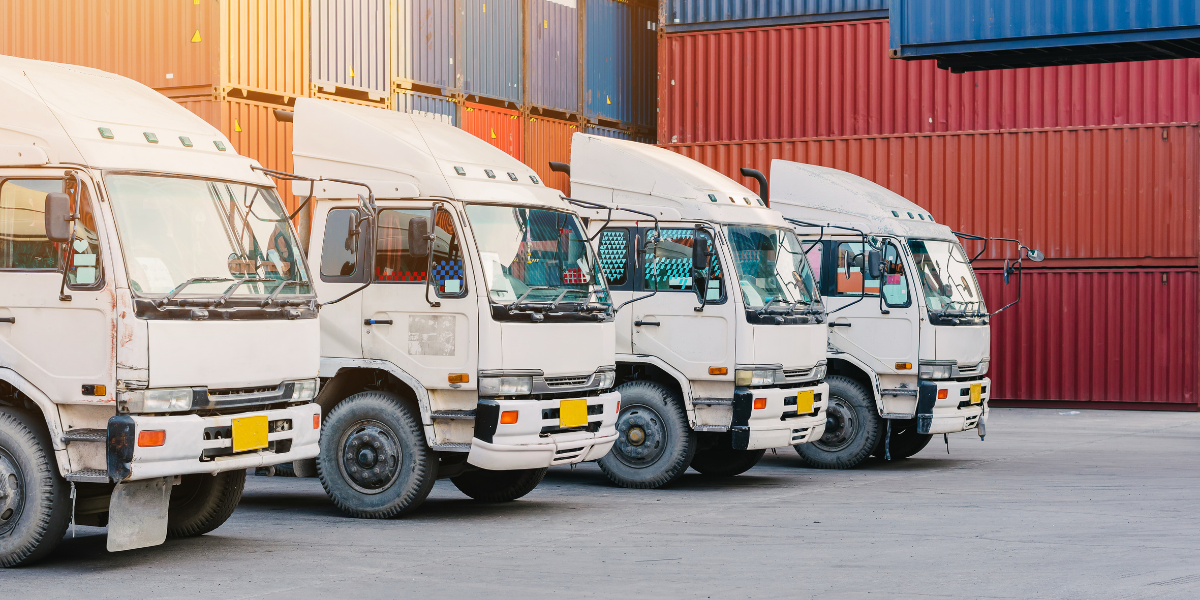
What Is Project Freight Logistics?
In a world driven by global trade and complex supply chains, project freight forwarders play a pivotal role in facilitating the transportation of oversized, heavy, and time-sensitive cargo. Whether it’s moving massive machinery for a construction project or delivering equipment for a large-scale event, freight logistics is the specialized discipline that ensures the seamless movement of these extraordinary shipments.
Understanding Project Freight Forwarding and Logistics
Project freight logistics, also known as project cargo logistics, refers to the transportation of large, heavy-duty, high-value, or complex pieces of equipment. It’s a specialized form of freight shipping that requires careful planning, coordination, and execution to ensure the safe and efficient transportation of these unique cargoes.
Working with experienced project freight forwarders offers the following benefits:
- Expertise in managing complex logistics and supply chain networks
- Customized solutions tailored to specific project requirements
- Cost-effective solutions through optimized routing and consolidation
- Compliance with international regulations and customs procedures
- Access to a global network of carriers and specialized equipment
- Real-time tracking and visibility of shipments
Importance of Project Logistics in Various Industries
Because project logistics involves the movement of high-volume and high-price freight that may be extraordinarily large or awkwardly sized, it plays a crucial role in industries such as construction, oil and gas, renewable energy, mining, and infrastructure development.
The importance of project freight logistics in these industries cannot be overstated. It enables the timely delivery of equipment and materials necessary to successfully complete large-scale projects. By efficiently managing the flow of goods, project freight forwarders ensure that the right equipment reaches the location at the right time, minimizing delays and meeting project timelines. This is particularly crucial in industries where time is of the essence, such as construction projects with strict deadlines or oil and gas operations that require uninterrupted functions.
Project logistics also contributes to cost savings by optimizing transportation routes, consolidating shipments, and reducing the risk of damage to valuable equipment. It facilitates the smooth execution of complex projects and enhances overall project efficiency.
Key Components of Project Cargo Logistics
To effectively handle project cargo logistics, several important factors need to be considered.
Planning and Coordination of Transportation
Project freight forwarding and logistics involve meticulous planning and coordination to ensure the smooth and efficient movement of cargo from one location to another. This includes analyzing transportation routes, determining optimal modes of transportation (such as road, rail, sea, or air), and scheduling logistics operations to minimize delays and maximize efficiency.
Handling Oversized and Heavy Cargo
Project cargo forwarders deal with transporting oversized and heavy cargo that surpasses the standard dimensions and weight limits of regular shipments. This requires specialized equipment, such as cranes, forklifts, and heavy-duty vehicles, to safely handle and load/unload these massive items. Careful attention is given to factors like weight distribution, securing the cargo, and adhering to safety regulations during the transportation process.
Effective Communication and Risk Management
Effective communication among all parties involved is essential for successful shipment logistics. Clear communication channels enable real-time updates on shipment status and any changes that may arise during transportation.
Risk management is another critical component in project cargo logistics. Due to the unique nature of these shipments, there are inherent risks involved, such as damage during transit or delays due to unforeseen circumstances. Implementing risk assessment strategies and having contingency plans in place can help mitigate these risks.
Managing Complex Logistics and Supply Chain
Project freight logistics encompasses the management of intricate logistics and supply chain networks. It involves coordinating multiple stakeholders, such as suppliers, carriers, customs authorities, and project managers, to ensure all the necessary resources and processes are aligned. This includes overseeing documentation, customs clearance, warehousing, inventory management, and tracking shipments in real-time to maintain transparency and streamline the overall project logistics.

Navigating the Complexities of Project Cargo Logistics
While project freight logistics offers numerous benefits, it also presents unique challenges.
The transportation of oversized or specialized equipment requires careful planning and coordination to ensure the availability of suitable transport modes and infrastructure. Handling and securing these cargoes can be complex and require specialized equipment, such as cranes or heavy-duty trailers.
Project freight forwarding often involves navigating regulatory requirements, customs procedures, and potential logistical bottlenecks. However, with proper expertise and experience in project logistics management, these challenges can be effectively addressed, ensuring the successful execution of projects and the seamless transportation of project cargo.
Discover DAL Project Freight Logistics
DAL is your trusted partner for all your project cargo logistics needs. With our extensive experience and expertise in handling complex cargo, we ensure smooth and efficient transportation of your valuable goods. Our dedicated team of professionals is committed to providing personalized solutions tailored to your specific requirements. Whether it’s oversized, heavy, or time-sensitive cargo, we have the resources and capabilities to deliver it safely and on time!
Contact us today to discuss your project cargo logistics needs.